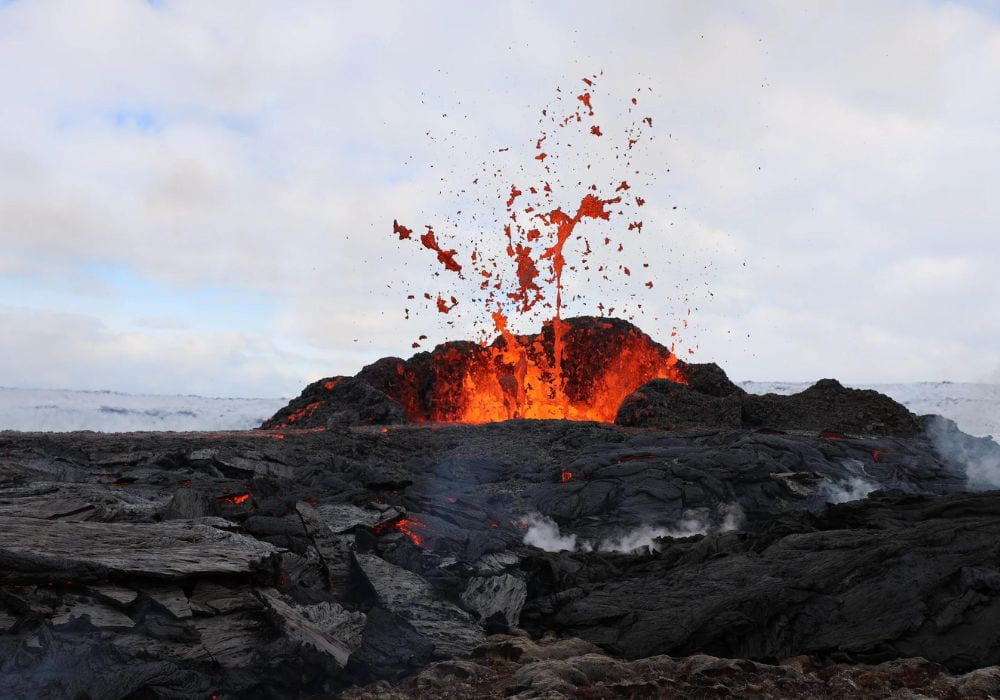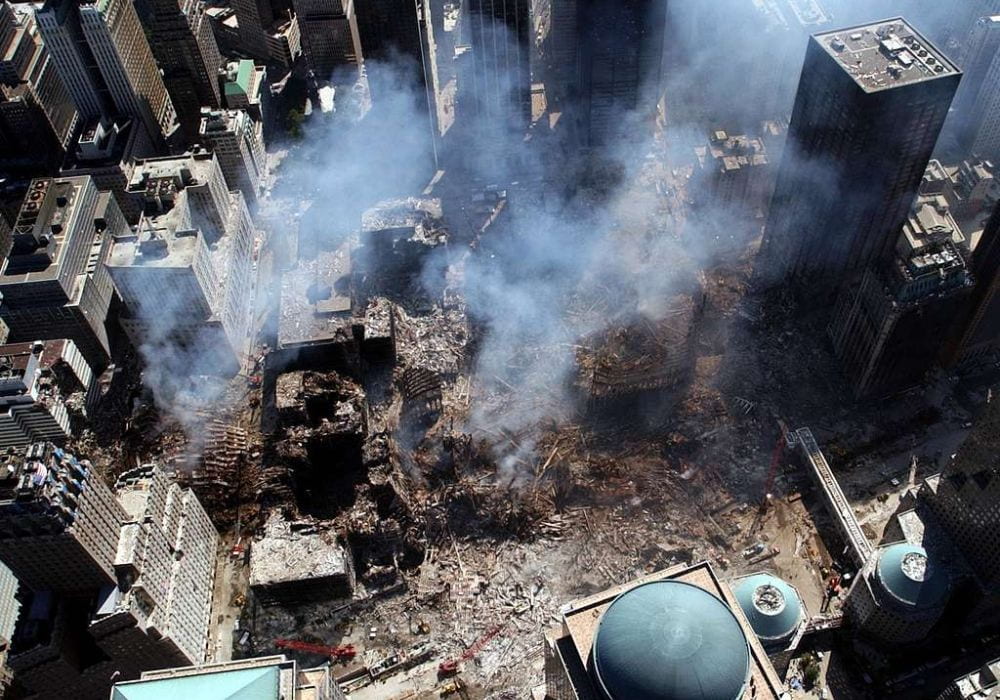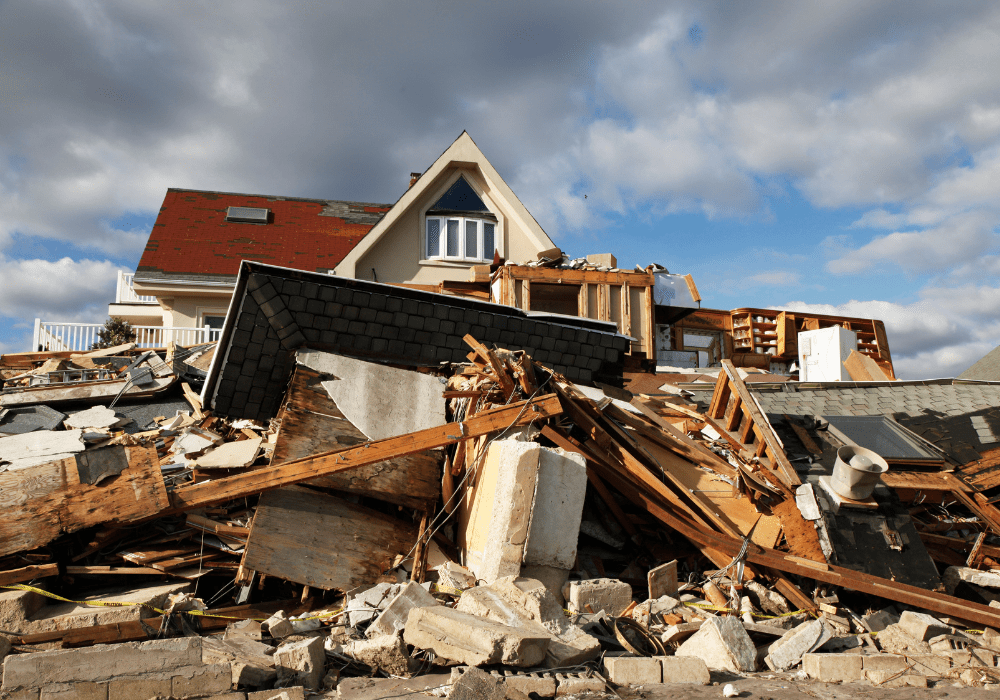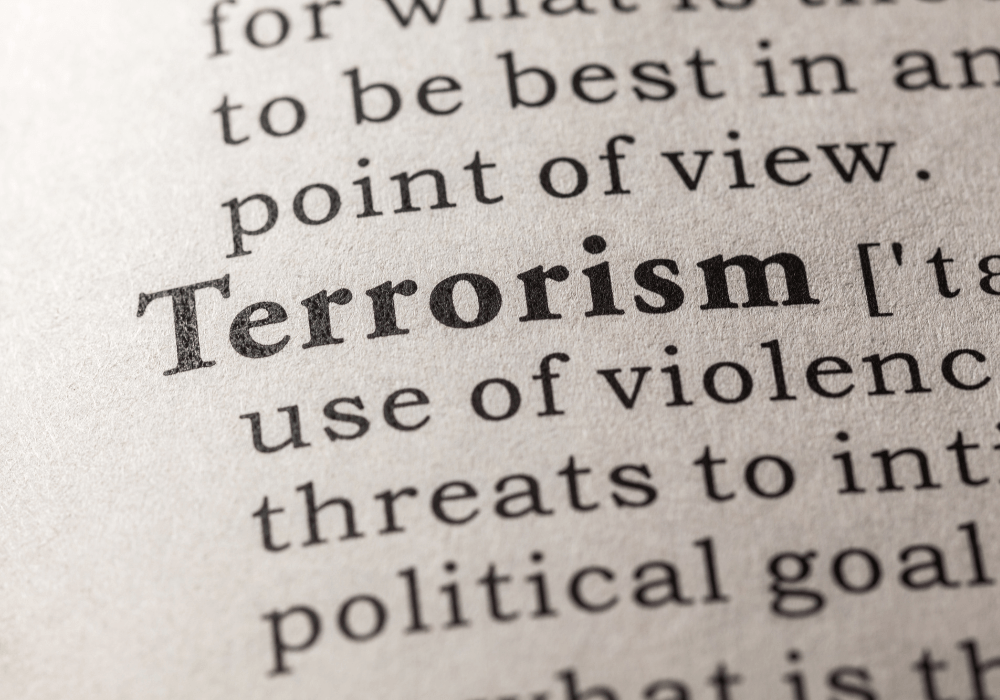
In this brief, Ivy van Domselaar compares and contrasts key definitions and descriptions of “disasters,” discussing what creates the most disruptive and destructive disasters in the context of public health. Additionally, Ivy van Domselaar describes “acute” vs. “slow onset/advanced warning” categories of disasters and the best indicators of public health disaster impacts.
Continue reading “Ivy van Domselaar’s Key Definitions of Disasters”




